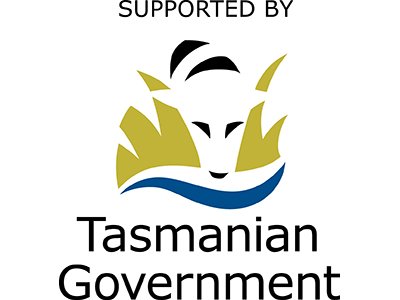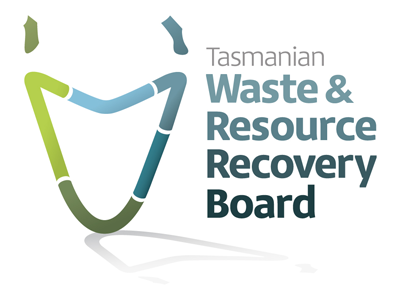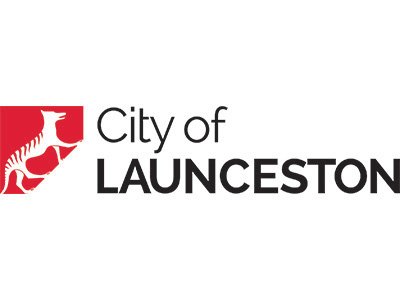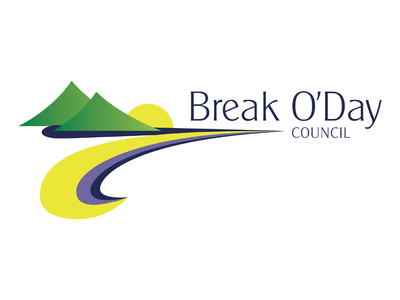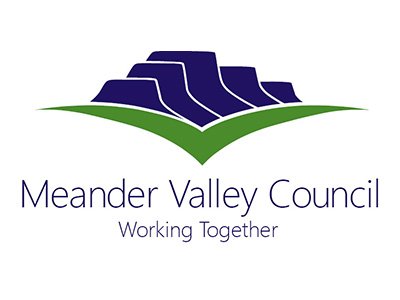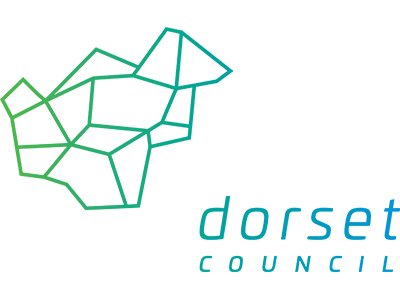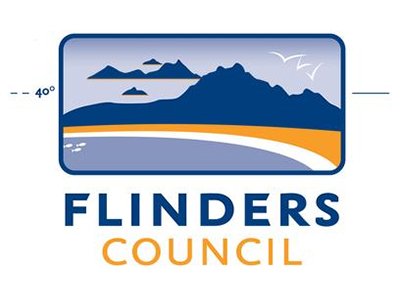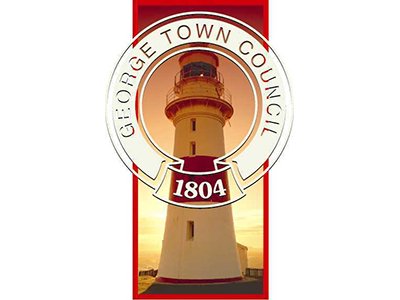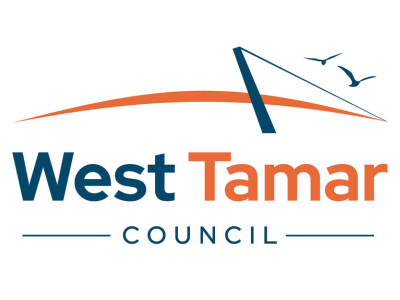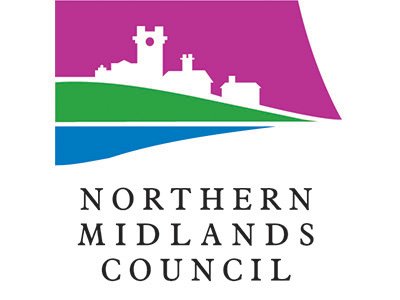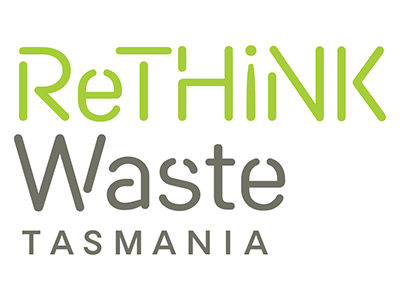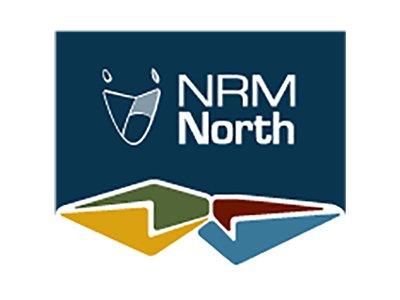Circular North
Circular North provides advice, funding, and education to better manage waste and recycling within northern Tasmanian communities, businesses and local governments.
Background
Background
Circular North (formerly known as the Northern Tasmanian Waste Management Group), is a regional initiative established in 2007. Formerly hosted by the City of Launceston, Circular North is now hosted by NRM North. Partners include the region’s eight local councils of Break O'Day, Dorset, Flinders, George Town, Launceston, Meander Valley, Northern Midlands and West Tamar. Circular North also supports Rethink Waste Tasmania, in partnership with the Cradle Coast Waste Management Group, TasWaste South, and the Tasmanian Government.
Guided by the waste hierarchy, an internationally accepted guide for prioritising waste management practices, Circular North applies principles of ecologically sustainable development to inform their strategy and achieve significant improvements in resource recovery.
Circular North was previously funded through a voluntary levy on waste disposed to the region’s participating landfills. With the introduction of the statewide waste levy, the program has a revised governance structure and is funded by the Waste and Resource Recovery Board.
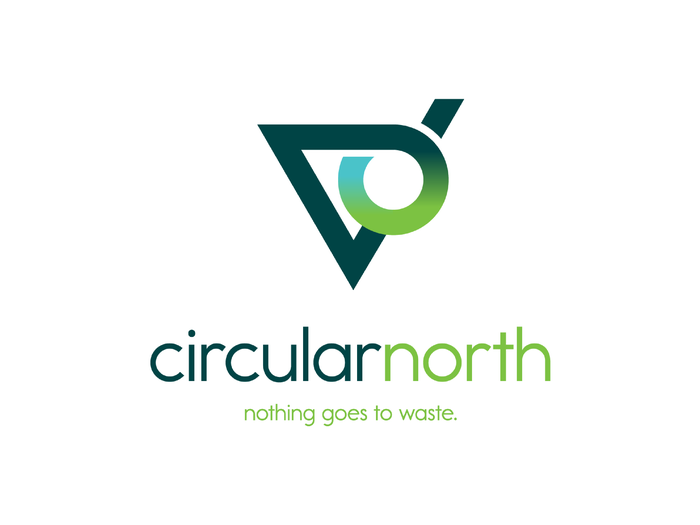
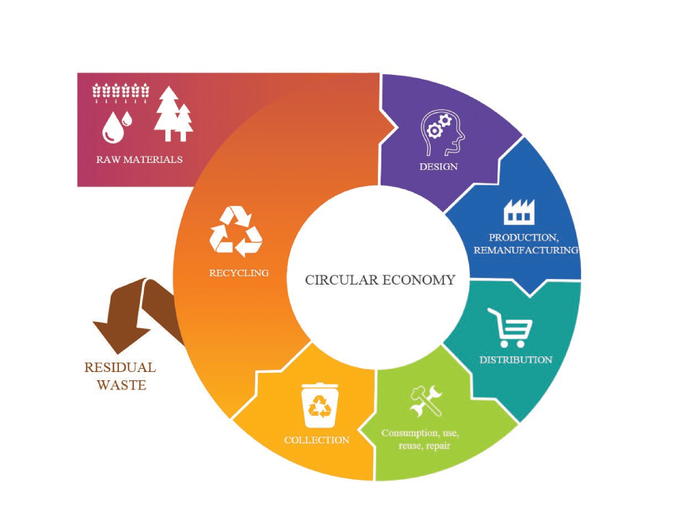
Strategic focus
Strategic focus
Waste management strategic planning across Australia has sought to build upon the waste hierarchy model by introducing circular economy (CE) principles, seen in the National Waste Policy Action Plan 2019 and the Tasmanian Waste and Resource Recovery Strategy 2023-2026. The Strategy provides guidance to the Waste and Resource Recovery Board and the Tasmanian Government on how the landfill levy should be reinvested.
Circular North has a unique opportunity to work independently to achieve a prosperous economy and better environment for the residents and businesses of northern Tasmania, by working towards the following objectives:
- Eliminate waste and pollution – encourage product design and strategies that increase waste avoidance and allow reuse, repair and recycling
- Circulate products and materials – ensure resources remain in the economy at their highest value (either a product or raw material)
- Regenerate natural systems – transition away from a linear take-make-waste economy to one that supports natural regeneration.
Governance arrangements
Governance arrangements
Circular North is governed by a partnership agreement between NRM North and the region’s eight councils. NRM North and its Management Committee is responsible for program delivery including financial due diligence, operational decisions, delivery of milestones and reporting as specified by the funding agreement.
The Steering Committee is one of two advisory groups for the program. The Steering Committee’s role is to provide overarching guidance, advice, and oversight of Circular North in accordance with the committee’s Terms of Reference.
The Technical Committee provides technical advice and input to program design, and ongoing evaluation and improvement of the program, particularly in relation to development and implementation of processes and plans including application and assessment processes, communications, and engagement planning.
The Independent Assessment Panel provides an assessment of project applications and substantial procurements. The panel has an independent Chair and is comprised of one NRM North staff member, one representative from local government, and one industry representative.
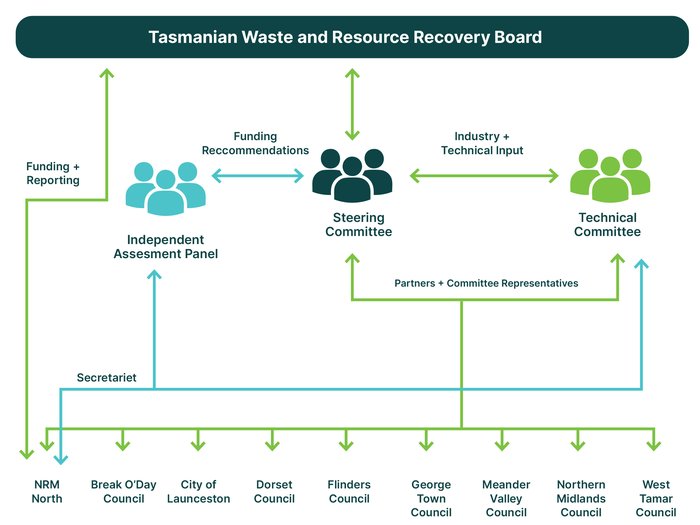
Key initiatives
Circular North offers funding opportunities and supports initiatives to reduce waste to landfill throughout the year.
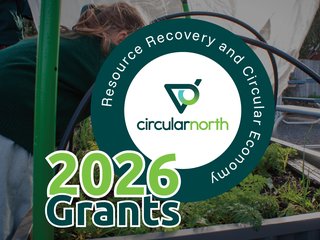
Resource Recovery and Circular Economy Grants
APPLICATIONS CLOSED
Helping to decrease the amount of waste sent to landfill through innovative activities, and increasing the recirculation of resources.
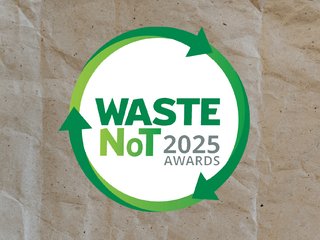
Waste NoT Awards
These awards celebrate individuals, groups, and organisations who have taken meaningful steps over the past year to change the way they manage waste.

Household Hazardous Waste Collection
MARCH 2026
Dispose of household hazardous waste safely at the next collection.
Quick Q&A
Quick Q&A
There is no funding available at the moment.
Resources
Resources
Partners
Circular North is supported by the Tasmanian Waste and Resource Recovery Board, which is funded by the Tasmanian Government.
Partners
Circular North is supported by the Tasmanian Waste and Resource Recovery Board, which is funded by the Tasmanian Government.
